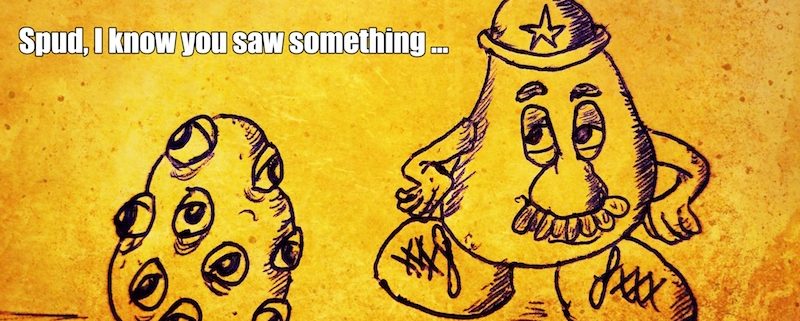Obstruction of justice is a sort of loose term of varied meanings. It’s a phrase that’s sometimes used incorrectly, and sometimes as a threat.
“You don’t tell us what we want to know we’re going to charge your 109-year-old grandma with obstructing. That’s right, she’ll go to prison for 10 years! Do you want that on your conscious?” said the mean and mostly nasty federal agent.
So what is obstruction of justice? Does it mean to physically stop an officer from carrying out a specific duty? How about words? Could a string of them, when spoken, bring about a charge of obstruction? What about lying to the police? After all, aren’t all spoken words, even lies, protected by the First Amendment?
Let’s first address the definition of Obstruction of Justice per Black’s Law Dictionary, a reference book you’ll find in nearly every law office in the country, as well as in the offices of many police detectives.
From Black’s Law Dictionary:
What is OBSTRUCTION OF JUSTICE?
§ 18.2-460. Obstructing justice; resisting arrest; penalty.
D. Any person who knowingly and willfully makes any materially false statement or representation to a law-enforcement officer or an animal control officer employed pursuant to § 3.2-6555 who is in the course of conducting an investigation of a crime by another is guilty of a Class 1 misdemeanor.
Federal Law – Obstruction
As you could imagine, federal laws regarding obstruction, or any other offense, is detailed and detailed and detailed almost beyond comprehension. So, here’s the tidbit most relevant to this article, and it goes like this …
“Whoever corruptly, or by threats or force, or by any threatening letter or communication influences, obstructs, or impedes or endeavors to influence, obstruct, or impede the due and proper administration of the law under which any pending proceeding is being had before any department or agency of the United States, or the due and proper exercise of the power of inquiry under which any inquiry or investigation is being had by either House, or any committee of either House or any joint committee of the Congress—
Shall be fined under this title, imprisoned not more than 5 years or, if the offense involves international or domestic terrorism (as defined in section 2331), imprisoned not more than 8 years, or both.”
So make of it what you wish. But whatever you do, please save political comments for your own pages. Please, not even a whimper or hint. I’m just a messenger of fact.
Now, back to Spud from the top photo. Apparently, he lied and told Officer P. Tater that he hadn’t seen anything (we assume the officer was referring to a crime or something related to criminal activity).
Based upon what you’ve read above, if he was lying to the officer, who was conducting an official investigation, could Spud be charged with obstruction? If so, why? If no, why not?


